Last week, Disney announced its release plans for two upcoming Marvel streaming shows. The second season of Loki will premiere on October 6 and release weekly until November 10. However, the first season of Echo will drop its entire season on November 29. This marks a departure for the company. Echo will be the first live-action Marvel or Star Wars show to eschew the weekly release model. It’s hard not to feel incredibly cynical about that.
Netflix pioneered the model of releasing seasons in a single drop, with the first season of House of Cards in February 2013. This was a radical approach to television distribution, but one rooted in Netflix’s history as a DVD rental company. Customers could rent season box sets of shows like Lost or 24 from the service, so it made sense to present its big new show as a pre-packaged box set to be consumed how viewers had always watched Netflix content.
In the years that followed, this became the default mode of content distribution on these services, particularly those operating as tech companies rather than as traditional studios. When Amazon entered the market, it adopted a similar approach. Shows like Bosch and Sneaky Pete released premieres as part of a pilot scheme with other candidates, but the rest of the season would arrive in a single drop. This was what tech companies call “disruption.”
However, after a couple of years, it became clear that this was not a viable release model. Much like plans to send blockbuster movies directly to streaming, thereby bypassing the primary theatrical and secondary home media markets, it wasn’t sustainable. It turns out that there was a good reason why television had traditionally been distributed in the way that it was. In recent years, streaming has come to look a lot more like old-fashioned television.
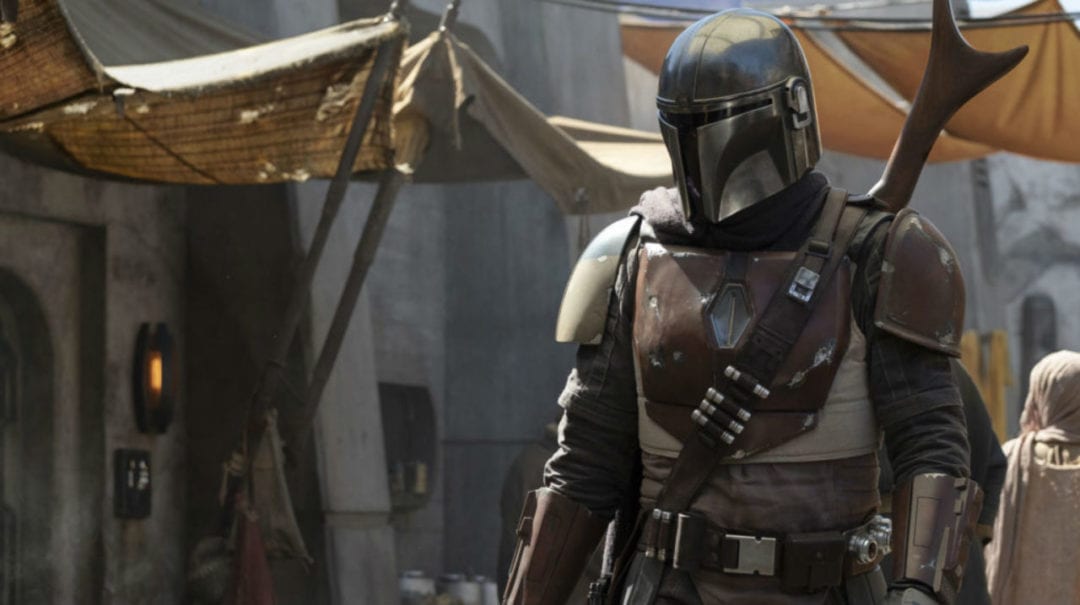
When Disney+ launched in 2019, it rejected the all-at-once release model favored by companies like Netflix and Amazon. It released shows like The Mandalorian and WandaVision weekly. It would occasionally have multi-episode premieres, but that’s not unlike older television shows doing double episodes on occasion. The approach worked. While streaming ratings are notoriously opaque, The Mandalorian quickly became the most in-demand series in the world.
It’s worth acknowledging the strengths of a weekly release model, both cynically and artistically. Cynically, releasing a show across an extended period of weeks and months allows these services to retain subscribers. If viewers want to watch a show in real time, they can’t just sign up, binge it all, and then unsubscribe. With recent suggestions that viewers decide which services to pay for “on a monthly basis,” anything that allows retention is a good thing from the company’s perspective.
Less cynically, the weekly release model allows for the growth of organic discussion and word of mouth, often vital to the survival of these projects. A show that drops all of its episodes at once can often feel like a flash in the pan. It dominates discussion for a couple of days before fading away. In contrast, a good show that releases weekly actually holds the conversation and has the opportunity to let new viewers jump on through word of mouth.
For example, the first season of Ted Lasso launched to little fanfare on Apple TV+. However, its viewership grew over the course of its weekly release model and even beyond, to the point that industry publications like Variety published “reconsideration” pieces late in the season. This happens with television all the time; shows like Succession, Euphoria, and House of the Dragon draw larger audiences week on week, as buzz builds organically around them.
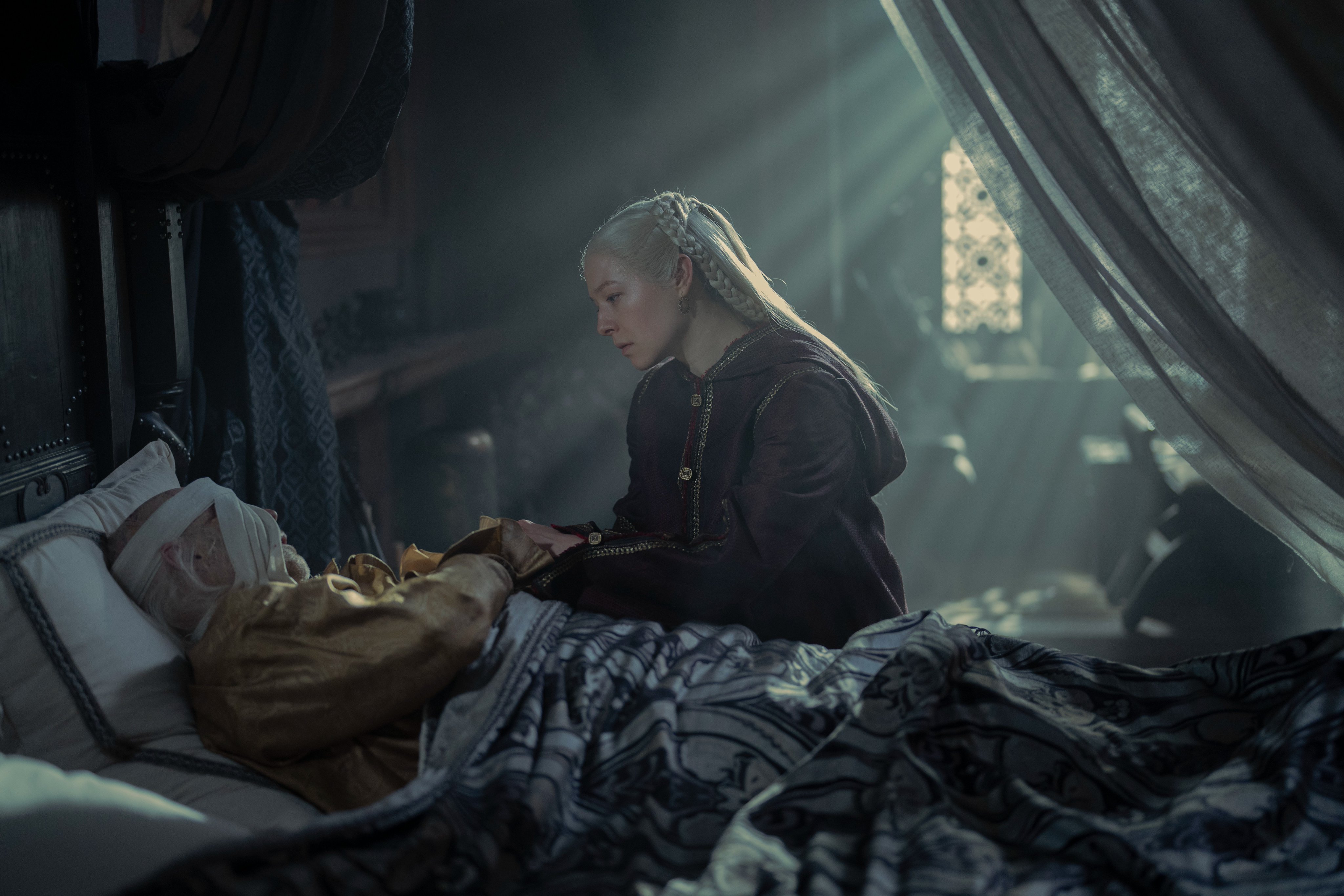
As the streaming wars grew heated, services began to move away from the all-at-once release model for their higher-profile shows. Amazon shifted to a weekly release model for The Boys in its second season. Many of the service’s more notable (and expensive) shows followed the traditional weekly release model: The Lord of the Rings: The Rings of Power, Citadel, The Expanse. HBO Max adopted a similar approach with shows like Peacemaker. Peacock went weekly with Poker Face and Mrs. Davis.
Perhaps the greatest indication that the all-at-once model wasn’t sustainable is that Netflix itself began to move away from it. After a disastrous stock tumble fueled by subscriber loss, Netflix made the decision to split the fourth season of Stranger Things across two quarters as a way of retaining subscribers. It’s hard to overstate the importance of that decision, which some observers argued “may have saved Netflix.” It’s no wonder it made a similar decision to split the fourth season of You.
In September 2022, rumors circulated that Netflix was considering a move to the weekly release model for some of its biggest shows. The company would deny these reports, but it says a lot about the state of the market that this was considered even a remote possibility. The service has already moved towards more traditional linear television broadcasting with weekly broadcasts of shows like The Circle and Too Hot to Handle and attempts at a live episode of Love Is Blind.
Of course, individual viewers have their preferences. Some audience members may prefer binge-watching to weekly releases. This is entirely reasonable. It is still possible to binge-watch a weekly series. It just means waiting for the weekly season to wrap, just as some viewers used to have to wait for the release of the DVD box set. It’s similar to arguments about wanting to watch blockbusters on home entertainment systems. That’s also entirely reasonable; it just means waiting a little longer.
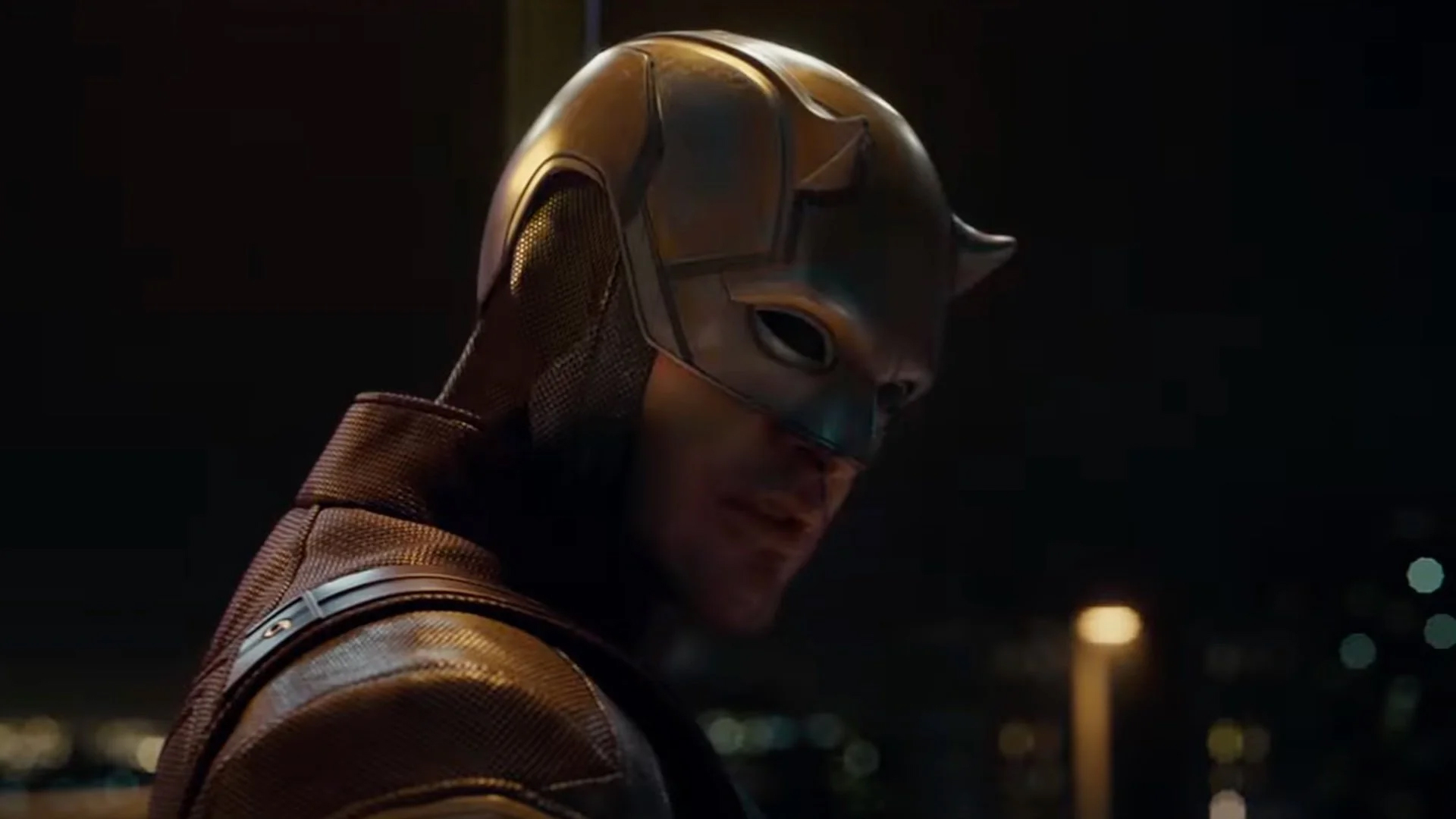
The past few years have shown that attempts to bypass and shortcut the old-fashioned release windows are simply not a sustainable business model. In many ways, they devalue the product. Just as there’s an argument that even a token theatrical release helps boost the profile of a streaming film, what little streaming data exists suggests that the shows that tend to have a long afterlife on streaming – like Yellowstone or Criminal Minds – tend to have initially premiered as weekly releases.
As such, the division between the weekly and binge models takes on an additional weight. How a service chooses to release a show says a lot about what it thinks about that show. As a rule, the more important and more valuable shows will tend to get weekly releases, reflecting the belief that they are more deserving of the extended press cycle and the opportunities to retain, grow, and develop audiences across an extended period. The binge release model feels more like a dumping ground.
Loki is central to the company’s brand. It is the second season of a show that was well-reviewed and enjoyed some awards success. It stars a returning fan-favorite character, played by a beloved actor. The season also showcases the “big bad” of the upcoming multiverse saga, Kang the Conqueror (Jonathan Majors), although Disney undoubtedly faces some challenges given the accusations around Majors. Still, it’s clear that Loki is “important,” so it gets the higher-profile release model.
In contrast, the decision to release Echo in one large chunk suggests that Disney has all but abandoned the project. With reports of massive financial losses at Disney due to the amount of money spent on streaming, and with the box office performance of Ant-Man and the Wasp: Quantumania hinting at the possibility of a wider “superhero fatigue,” there are indications that the company will scale back on the production and release of content.
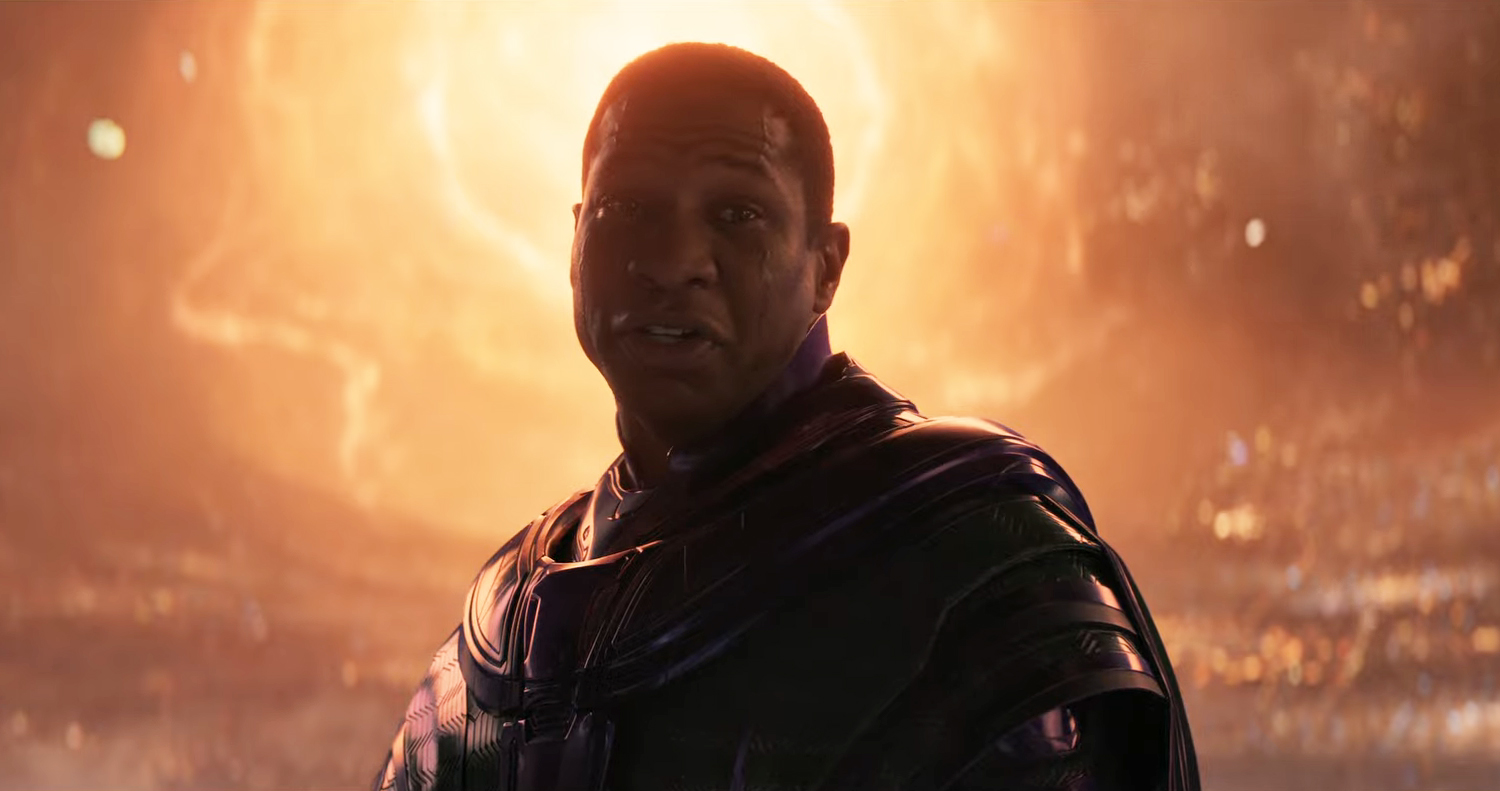
Dumping the entire season of Echo on one day isn’t quite as bad as Warner Bros. just scrapping Batgirl to claim a tax write-off, but it sends a similar message about what Disney sees as important and valuable. Releasing it in one chunk may be a strategy to minimize the risk of its coverage or viewership eating into the potential weekly release of the upcoming live-action Star Wars show Skeleton Crew, rumored for a November or December release.
To be clear, none of this means that Echo is going to be particularly bad. Indeed, with the exception of Andor, it’s worth conceding that none of the Disney+ live-action Marvel or Star Wars shows have been particularly good. Still, Echo comes from a talented pool of writers by the standards of these shows. The head writer, Marion Dayre, worked on Better Call Saul. The staff includes Nebula and Hugo Award winner Rebecca Roanhorse and Pushing Daisies and Daredevil veteran Dara Resnik.
More than that, the show is ostensibly important within the shared universe. Maya Lopez (Alaqua Cox) made her debut in the Hawkeye streaming show, which was released weekly. The series will include appearances from Matt Murdock (Charlie Cox) and Wilson Fisk (Vincent D’Onofrio), setting up Daredevil: Born Again, which will almost certainly have a weekly release model. However, Echo is still deemed more “expendable” than an animated alternate universe show like What If…?
With that in mind, it feels pointed that Echo is a franchise show that showcases a minority lead. Cox is a deaf Native American performer and an amputee. The show features diverse talent behind the scenes, including Bobby Wilson from the indigenous comedy troupe the 1491s. It’s an appreciably more diverse show than many of the Marvel streaming series, from WandaVision to Loki to Hawkeye to She-Hulk. It feels frustrating, sight unseen, that this is the show to be burnt off in this way.
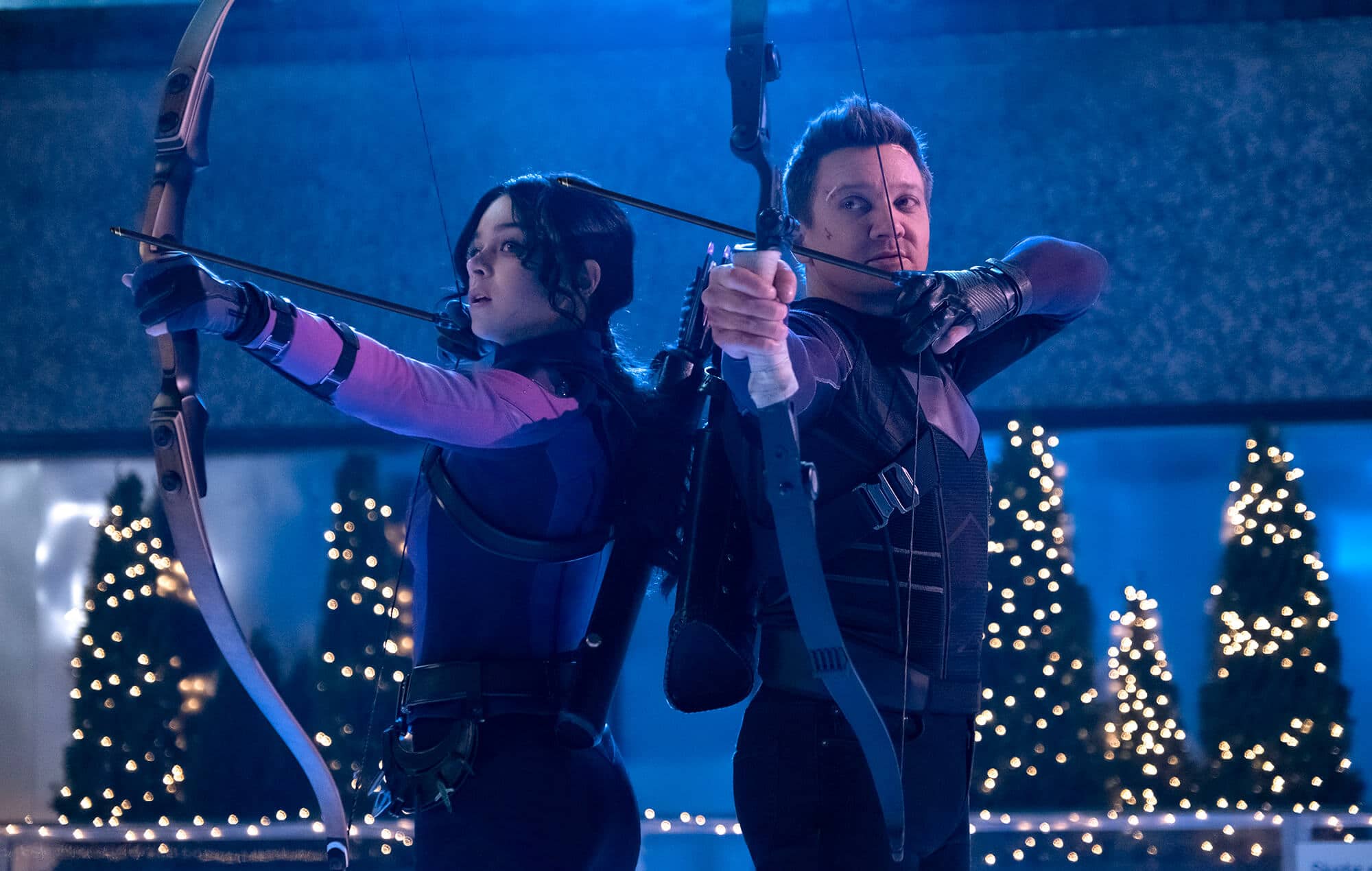
Then again, this was always how the streaming revolution was going to end. Diverse voices would be the last to be invited to take part in the gold rush and the first to be sacrificed once the model proved as unsustainable as it was always going to be. It took the Marvel Cinematic Universe a decade to develop projects with minority or female leads, putting them in the cynical position where they would end up the scapegoats for the inevitable superhero fatigue.
While fans argue that Marvel Entertainment CEO Ike Perlmutter was the roadblock there, Bob Iger proved just this year how easily the company could remove Perlmutter if he stood in the way of their fiscal priorities. Hell, the company humbled Florida governor Ron DeSantis once he threatened to interfere with the earnings of its theme parks. It’s about what’s important to these companies and what they deem expendable in pursuit of that.
Upon the service’s cancellation of One Day at a Time in March 2019, television critic James Poniewozik warned viewers that “Netflix is not your friend.” It’s clear that Disney isn’t either.

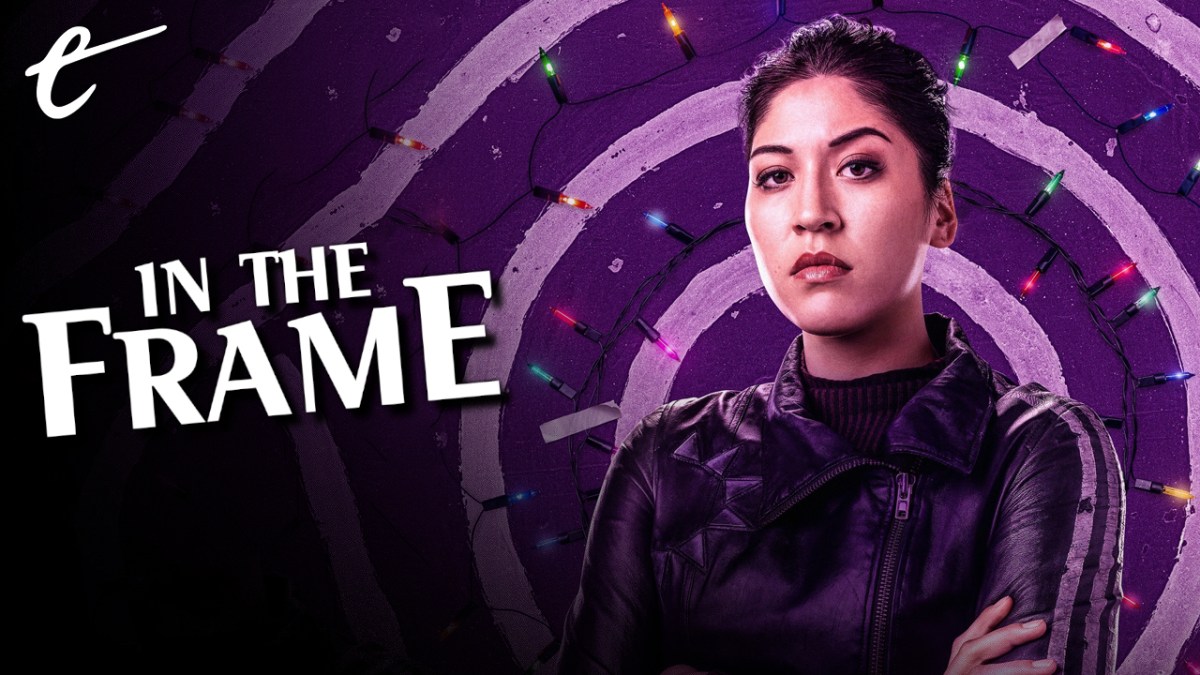




Published: May 22, 2023 11:00 am